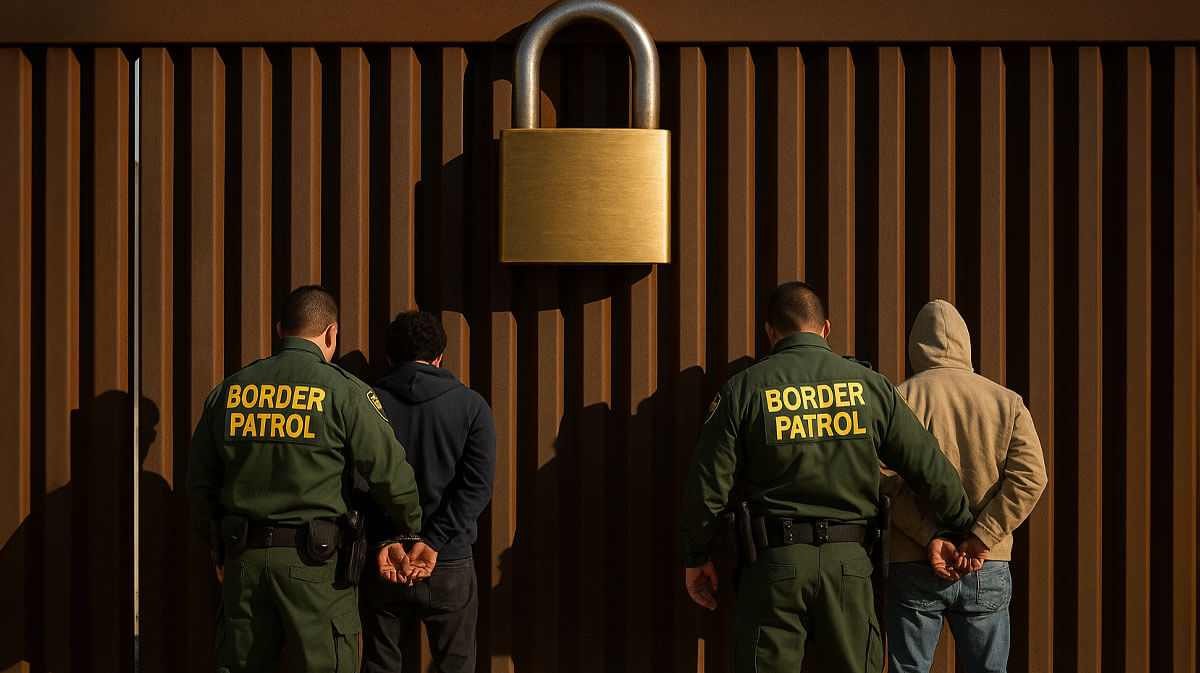U.S. Defense Secretary Pete Hegseth has recently articulated a forceful admonition aimed at those trying to unlawfully cross into the United States. During a visit to troops in New Mexico on April 25, 2025, Hegseth emphasized that any individuals caught entering the country through areas under military jurisdiction would face detention and legal proceedings. This statement underscores a significant escalation in border enforcement measures involving military personnel and infrastructure.
The establishment of National Defense Areas in New Mexico, associated administratively with Fort Huachuca in Arizona, marks a strategic expansion of the military's role in securing the southern border. Spanning vast expanses of challenging border terrain, these zones have become pivotal in the broader effort to bolster border security. Troops assigned to these regions have been granted augmented powers to apprehend individuals who breach the border illegally.
The consequences of unauthorized entry are severe. Under Title 50, a federal statute that criminalizes unapproved access to military installations, Fort Huachuca has processed over 80 individuals. Hegseth, in a video statement released on a Friday, drew a parallel between the National Defense Areas and military bases, clarifying that illegal entry would be equated to trespassing with prosecutions to follow.
In his address, Hegseth illustrated the resolve of the Department of Defense by revealing the deployment of more than 2,000 active-duty troops and the installation of upwards of 1,300 warning signs. The Department’s jurisdiction and the number of prosecutions are on the rise. Hegseth asserted that any act of trespassing or damage to government property within these zones could result in imprisonment for up to a decade.
The Department of Justice has already initiated legal action against over 100 individuals under these new provisions, with Hegseth anticipating a surge in these figures. The planning of additional National Defense Areas, coupled with an expanding military presence, signals a steadfast commitment to achieving full operational control of the southern border.
Hegseth concluded his remarks with an unequivocal message, asserting the military's newly acquired authority to detain illegal aliens temporarily, augment Border Patrol efforts, and streamline prosecutions. His closing words, shared in a tweet, were a stark reminder of the stringent legal repercussions that await illegal entrants: "Let me be clear: if you cross into the National Defense Area, you will be charged to the FULLEST extent of the law. Just ask the 100 illegal aliens that have been charged so far."





